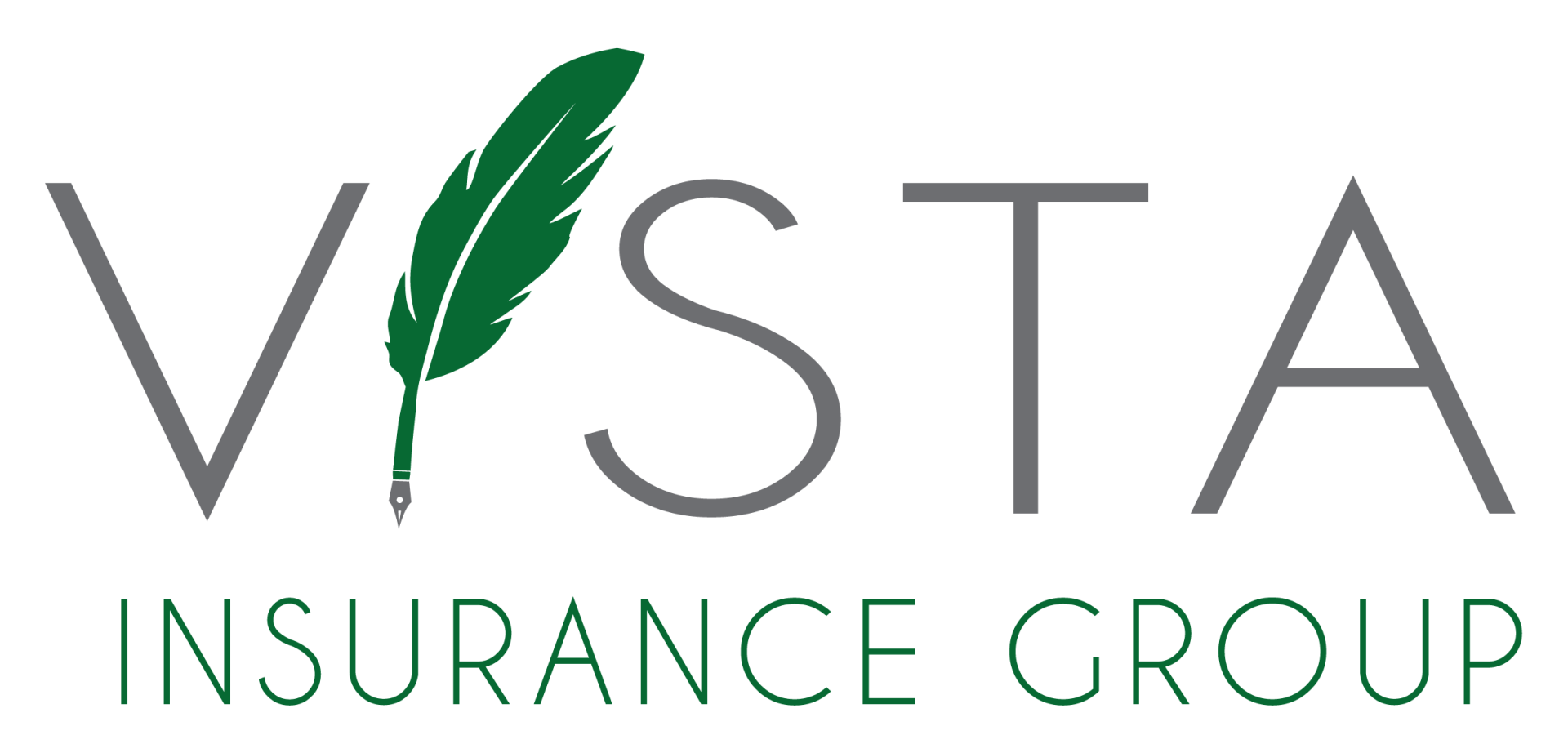The Impact of Employees’ TikTok Posts
Some employers have banned employees from using TikTok to reduce potential risks or to align with their other social media policies. Others have attempted to leverage their employees’ TikTok usage to strengthen employee engagement and improve their marketing efforts. Since TikTok seems to be employees’ social media platform of choice for discussing work, it’s vital that employers understand how employees’ TikTok usage and posts can impact their organizations. Read about TikTok’s potential impact on employers, employee use of the platform, the risks of negative posts and other considerations.
Understanding TikTok’s Impact
Some employers have benefited from their employees’ TikTok posts. Videos posted on TikTok and other platforms can provide employers with free marketing and expand and strengthen their brand. The marketing employees provide their employers through TikTok posts can often be invaluable. Employee posts tend to have a much wider reach and impact than an employer’s efforts. Additionally, Generation Z tends to value the transparency and authenticity TikTok provides. Unlike an employer’s paid or targeted marketing efforts, employees can be organic influencers for their employers. This type of marketing can help organizations connect with clients and customers in a powerful way. For instance, employees’ TikTok posts can provide organic marketing opportunities that build a community around an employer’s product or service fueled by loyal and passionate employees.
Sanctioning TikTok Participation
TikTok can provide employees with an opportunity to collaborate with their employers, share ideas and solve problems. Many employees want to be positive ambassadors for their employers on social media. These employees can have a strong understanding of their employer’s customer base. Allowing employees to contribute to an organization’s sponsored TikTok posts can build trust and loyalty with employees and improve an employer’s marketing efforts. For example, Starbucks allows certain employees to post about their work experiences on TikTok. These employees share their favorite products, explain how they are made and teach customers how to order them. These posts have resulted in millions of views. This approach to social media can make an organization more attractive to job applicants, particularly Generation Z and millennials, whereas 5 strict TikTok and other social media policies may persuade job applicants and employees to look elsewhere for work.
Some organizations find ways to allow employees to use TikTok in a positive and rewarding manner. Since most employees are likely active on TikTok or other social media, some employers allow employees to represent their brand professionally and enthusiastically by establishing social media guidelines and encouraging employees to participate. For example, employers have created employee advocacy programs where employees help promote their employer on TikTok and other social media platforms. This may help expand an organization’s reach and strengthen its brand organically while engaging its employees and making them feel valued and more invested in the organization, thus aiding in attraction and retention efforts. Since it may be difficult to prohibit employees from making any TikTok postings at work or during work hours, allowing employees to make sanctioned posts can be a positive alternative.
Reducing the Risk of Negative TikTok Posts
While allowing employees to post on TikTok can be beneficial, it can also have drawbacks. For most employers, employees present the greatest risks for revealing negative or unflattering information. Sometimes employees’ work-related social media posts can highlight trust issues in the workplace or a lack of redress options for employees. Employees who feel undervalued or unheard may turn to TikTok to find support and air their grievances. Some employees may resort to posting about their job because they have found traditional HR channels unhelpful or unsatisfactory. Additionally, employees may not feel safe bringing certain workplace issues or concerns to their employer, so they use TikTok as an outlet even if these actions violate their employers’ social media policies. These posts can damage an organization’s brand and reputation, leading to lost business, employee turnover and potential lawsuits.
Employers can reduce the likelihood of negative employee posts by identifying and addressing risks and negative workplace trends before they go public by communicating with employees frequently and conducting cultural assessment surveys. This can help employers identify what employees are concerned about and who raises those concerns. For example, an employer may learn that male employees feel more comfortable raising certain workplace concerns compared to female workers. Employers can use this information to update policies and implement training to create a safer, more supportive environment for all employees.
To reduce the risk that employee-sanctioned TikTok posts will injure or harm an employer’s brand and reputation, employers can do the following:
- Establish strong TikTok-related or general social media policies.
- Educate and train employees on social media policies.
- Cultivate strong and positive workplace culture.
Considering Privacy and Legal Issues
When establishing TikTok-related policies and guidelines, employers’ most immediate concerns are privacy and confidentiality. By posting during the workday, employees frequently capture work-related moments by recording videos in offices, conference rooms and common spaces. These videos may record confidential information, such as trade secrets, customer or client names, audio from work meetings or information regarding products, services, systems and internal communications. Confidentiality and privacy concerns can also be triggered by remote workers posting while they work. An example of this would be a remote employee creating a TikTok video during a meeting or inadvertently capturing proprietary information from their computer monitors. Additionally, employers need to protect against cybersecurity threats and issues. Many employees may use their laptops and cellphones for work and personal use, and this is becoming increasingly common as more employers embrace remote work. This usage can present cybersecurity issues for organizations if employees are saving passwords on multiple devices.
Employers may want to consider how permitting employees to post on TikTok while at work could harm their organization’s reputation. Some employees may post unflattering messages about their employers, such as complaints about working conditions or product liability issues. Employees may also discuss or show inappropriate or illegal activities, like being intoxicated. Not only can sharing this information on social media affect employers negatively and hurt their reputation, but it can also create legal issues, so it’s critical that employers ensure their policies are consistent with all relevant and applicable employment and labor laws.
Source: Zywave










